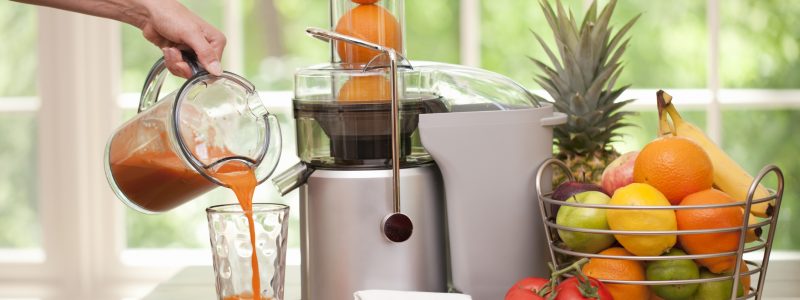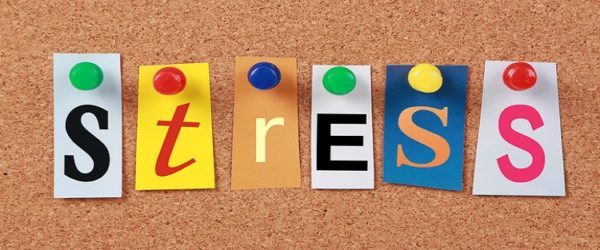Healthy eating

For as long as I can remember, healthy eating has always been talked about, whether it be in the media, amongst social groups, or just within our normal day to day lives. Nowadays it is easier than ever to find out the nutritional information about what we eat, but many people still do not take much notice of what the benefits of eating a balanced diet are.
At the heart of healthy eating for the general population is the emphasis on eating a balanced diet to allow us to feel the best we can and to maintain good health. To achieve this, it is advised that every day we should eat at least five portions of a variety of fruit and vegetables, eat some dairy or dairy alternatives, base our meals on foods like potatoes, bread, rice or pasta because they are foods which contain higher fibre and starch, eat foods that contain protein such as beans, fish, pulses, eggs and meat, choose unsaturated oils and spreads and eat them in small amounts, and to also drinks lots of fluids – 6 to 8 glasses a day is recommended.
In general, people in the UK eat and drink too many calories, and eat too much saturated fat, salt, and sugar. It is recommended that if you do consume food and drink with high levels of these that you should have them less often and in small amounts. People also do not eat enough fruit, vegetables, oily fish or fibre.
To have a healthy diet, we need to eat the right amount of calories for how active we are. However, the recommendations for how many calories we should consume each day is around 2,500 for men and 2,000 for women. People usually put on weight when they consume more than their body needs, and what is not used is then stored as fat. If too little is consumed, this is when weight is lost. Weight loss should be carried out by eating a wide range of foods to make sure the body is getting all the necessary nutrients though.
I have recently started wearing a fitness tracker and I can honestly say it has revolutionised my life. It logs how many calories I have burned and I can myself log what I eat and then therefore know how many calories I have consumed. With this, I can then track if my calorie intake is above or under what I have burned. I think it is a great tool for losing or maintaining weight. Most adults in the UK eat more calories than they need to, and I know that wearing a tracker has allowed me to have an insight into what I eat and if I need to eat more or less each day.
For me, having a written log of what I have eaten has allowed me to look at what I need to eat more or less of. I think healthy eating can be seen as too much to handle sometimes; people generally know what they need to do (or not do) but it can seem to be too much to change so they don’t. Perhaps changing the way people view their calorie intake, for example, may be the first step to realising what changes may need to be made to eat a healthy balanced diet each day.
Sarah Keeping MBPsS MSc PgDip GDip BA (Hons)
Follow Sarah on twitter at @keepingapproach
References
https://www.nhs.uk/live-well/eat-well/
https://www.nhs.uk/live-well/eat-well/eight-tips-for-healthy-eating/


